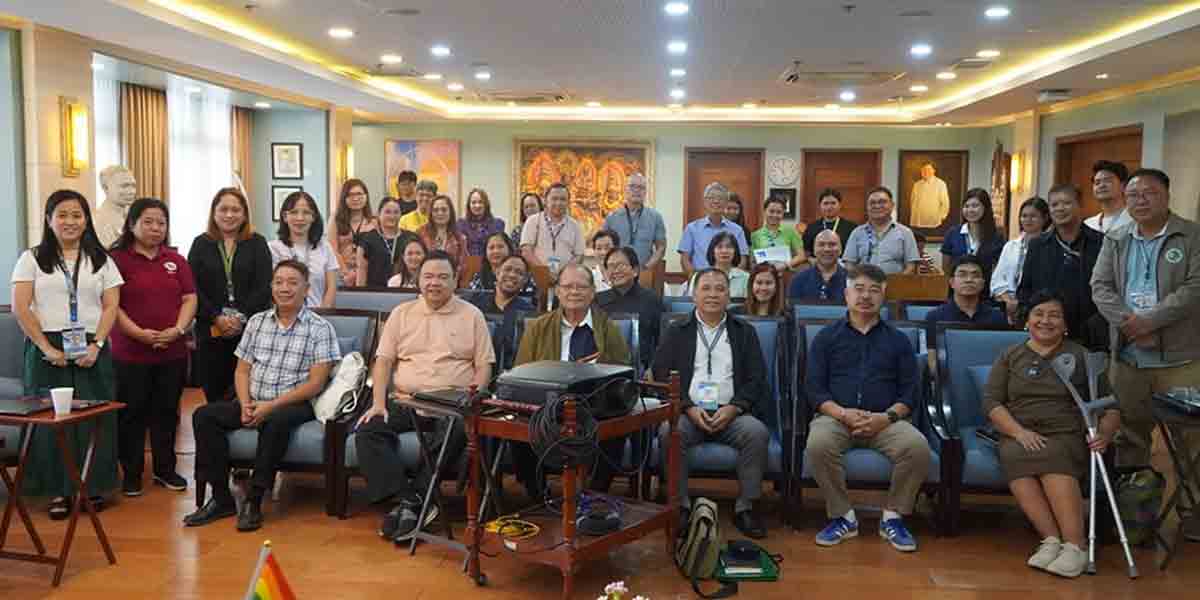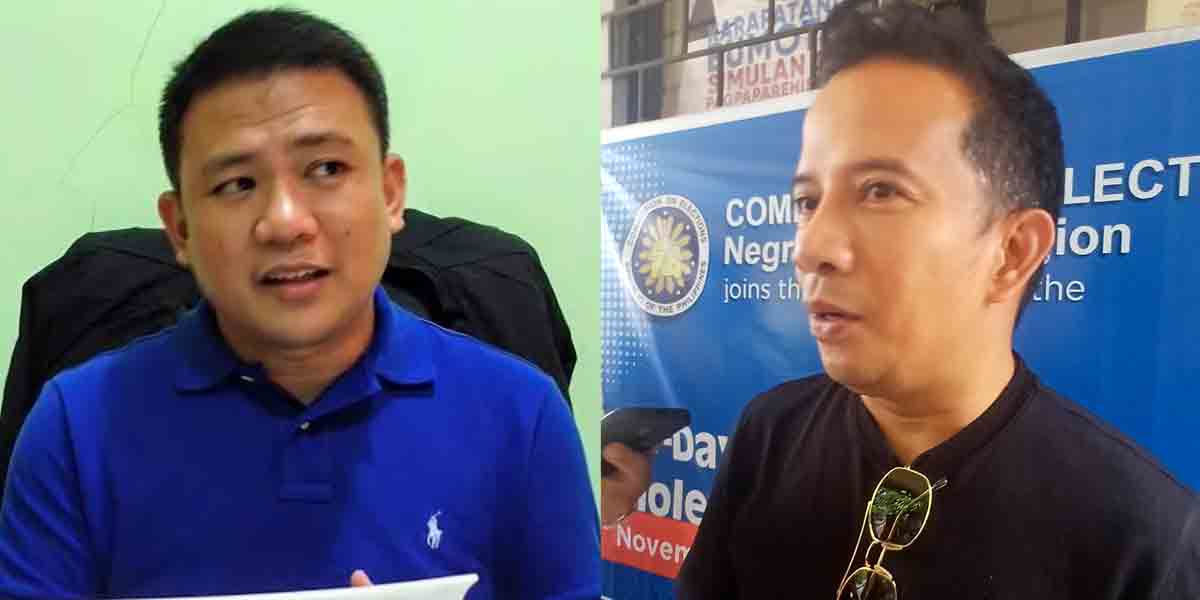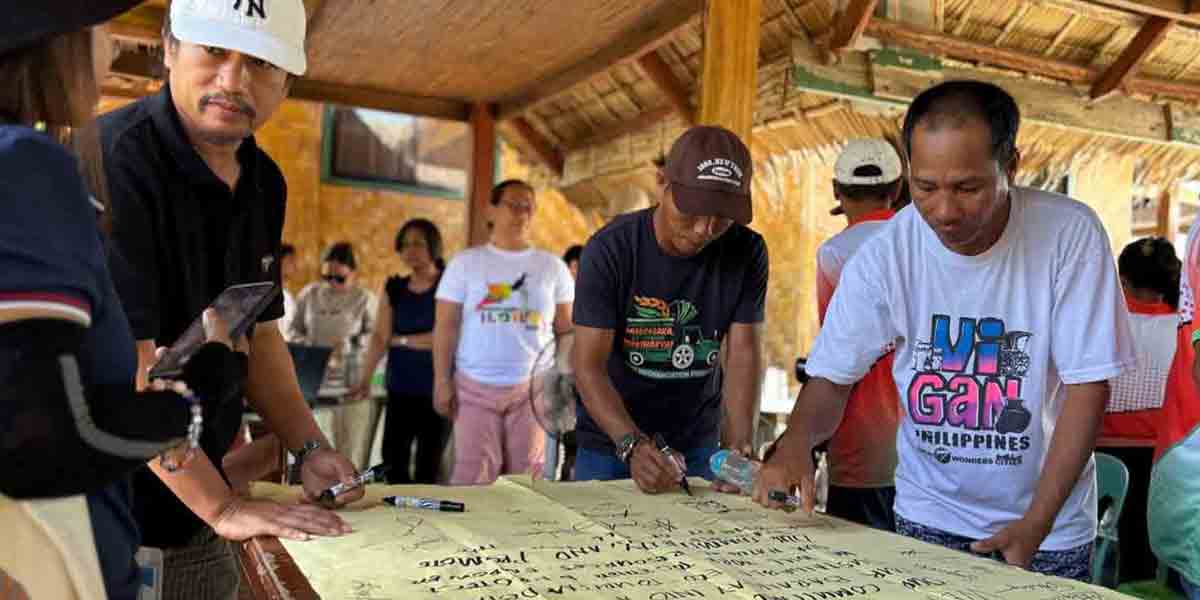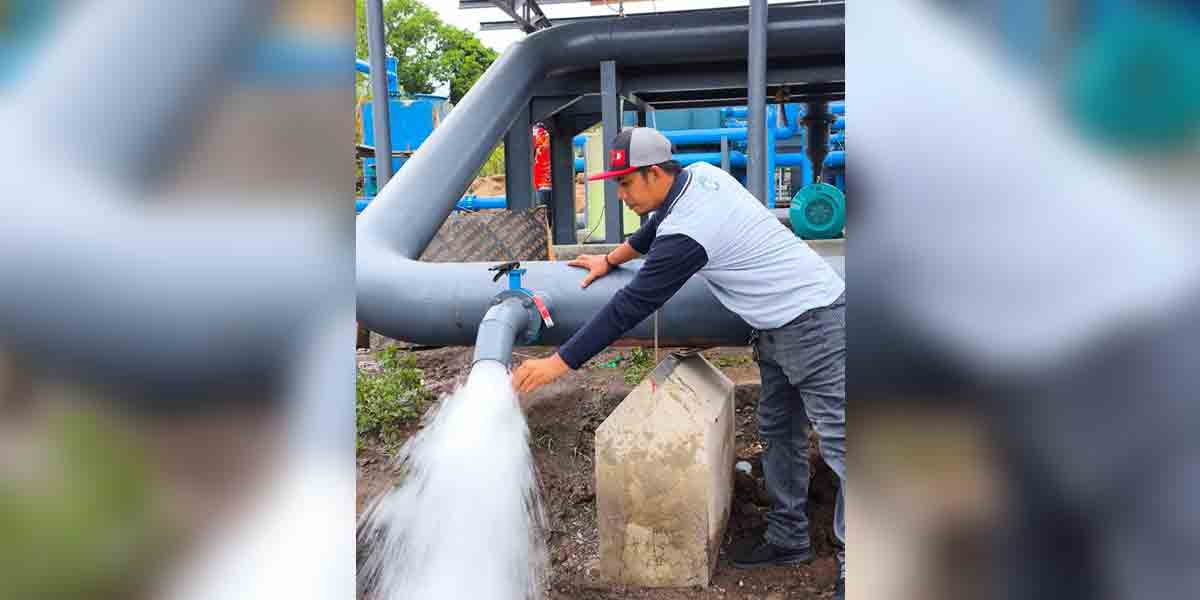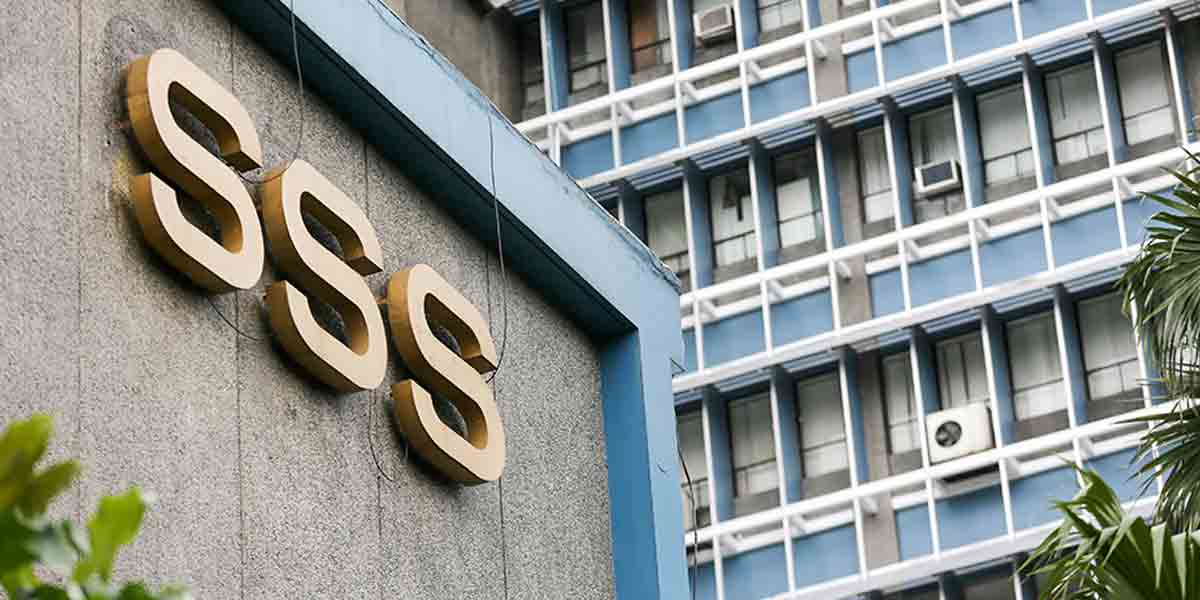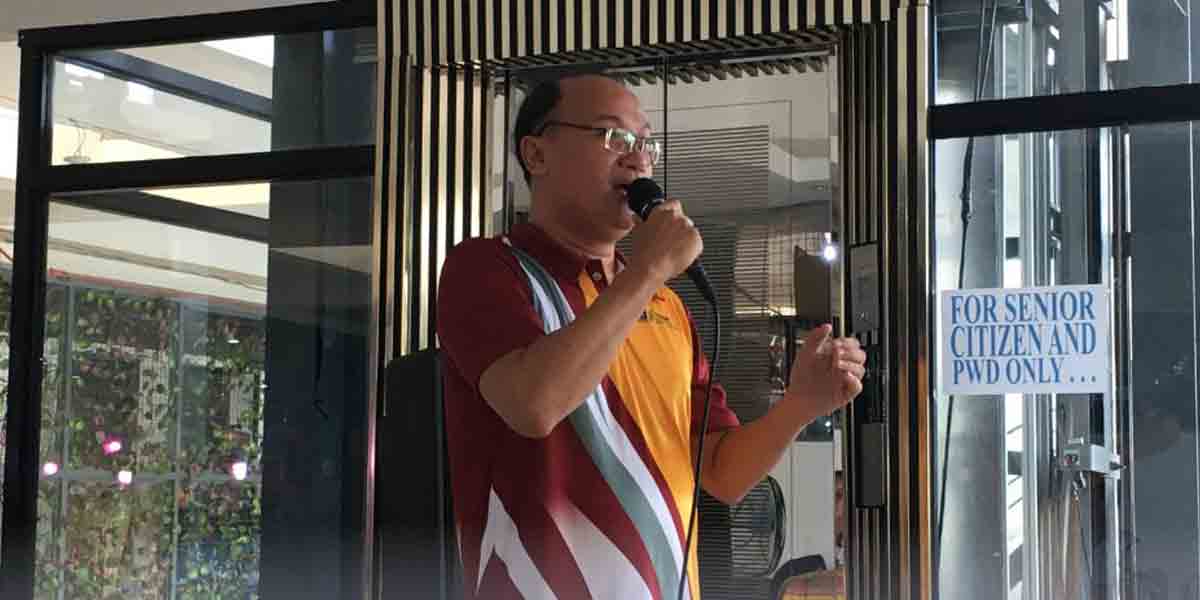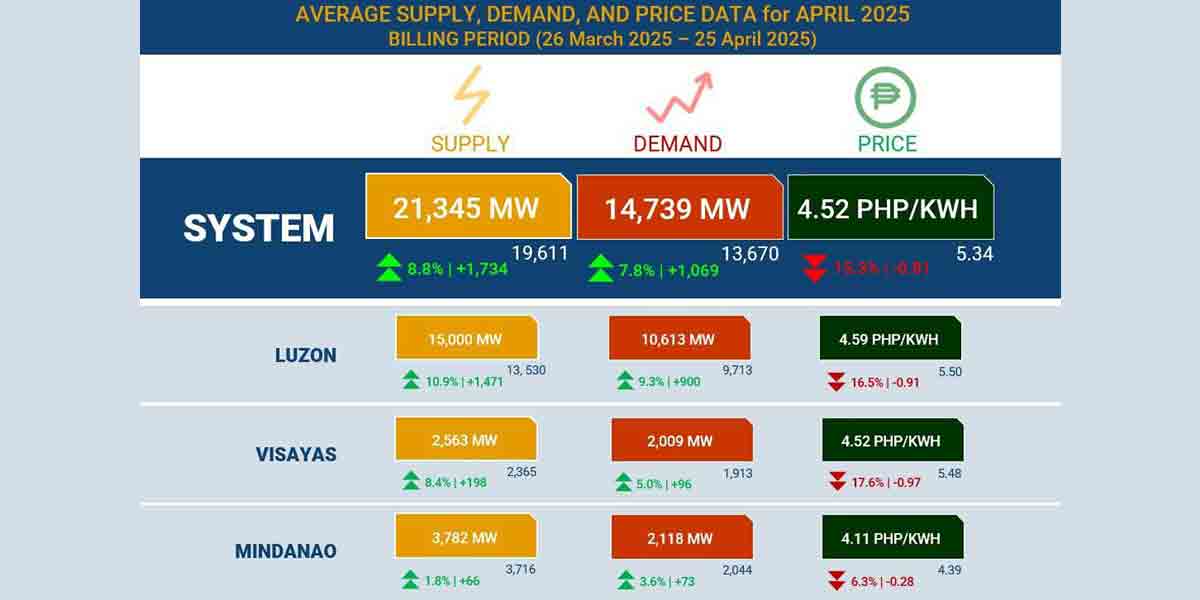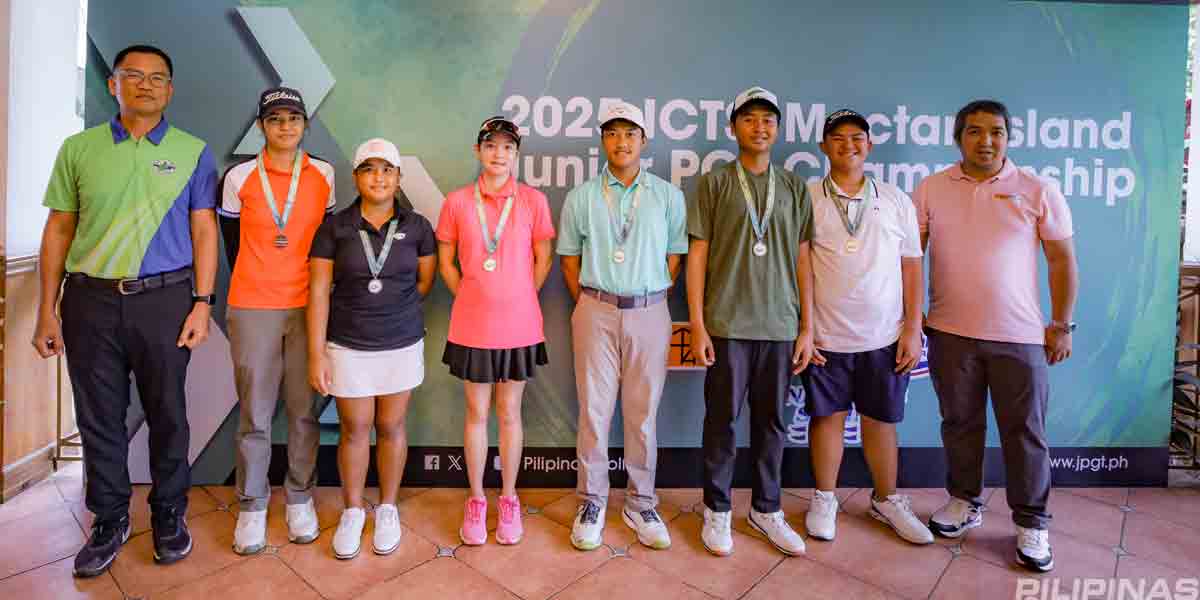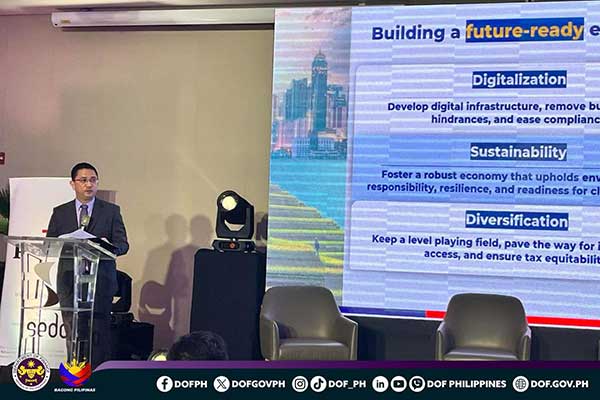
The Department of Finance (DOF) is placing digitalization, sustainability, and diversification at the core of its policies to empower businesses and future-proof the Philippine economy, according to Undersecretary Charlito Martin R. Mendoza of the Revenue Operations Group (ROG).
Speaking at the 6th Financial Executives Institute of the Philippines (FINEX) Cebu Summit on November 15, Mendoza outlined key initiatives to support these pillars.
“[We are committed] to implementing economic policies and revenue operations that are both forward-thinking and adaptable,” Mendoza said. “Through digitalization, sustainability, and diversification, we are laying the groundwork for businesses to realize both short-term wins and long-term viability.”
The DOF’s digitalization strategy includes measures to streamline tax collection, optimize government efficiency, and reduce corruption. Programs such as the Bureau of Internal Revenue’s Enhanced Internal Revenue Stamps Integrated System and the Ease of Paying Taxes Act aim to make tax administration seamless for businesses.
The Bureau of Customs (BOC) is also modernizing through digital systems like the Universal Risk Management System for fraud detection and Computer-Aided Risk Management Systems for post-clearance audits.
“Digitalization solves the many headaches for government tax collection and private sector transactions,” Mendoza said. “We envision a Philippines where big and small companies find ease, speed, and reliability in their engagements with the government.”
On sustainability, Mendoza highlighted the Philippines’ leadership role in climate resilience, including hosting the Loss and Damage Fund (LDF) Board, a global mechanism for climate-vulnerable nations. The DOF is also mobilizing public and private sectors for climate finance through the Inter-Agency Task Force on Sustainable Finance, known as the Green Force.
“These efforts enhance the country’s access to climate finance, catalyzing investments that strengthen disaster resilience,” Mendoza said.
Diversification initiatives include expanding Double Taxation Agreements (DTAs) to support Filipino businesses in international markets. Mendoza announced that a DTA with Cambodia is expected next year, with negotiations ongoing with Laos, Indonesia, Malaysia, and Singapore.
The integration of the ATA Carnet system by the BOC will also enable local exporters to temporarily import goods without duties and taxes, boosting competitiveness abroad.
“Expanding our DTA network, particularly within ASEAN, allows Filipino businesses to diversify their markets with fewer tax burdens,” Mendoza said.
The DOF is also fostering compliance and transparency through partnerships like the Automatic Exchange of Information and Mutual Administrative Assistance in Tax Matters.
“Together, we are building a tomorrow that not only meets today’s demands but also rises to the challenges and opportunities of the future,” Mendoza concluded.

